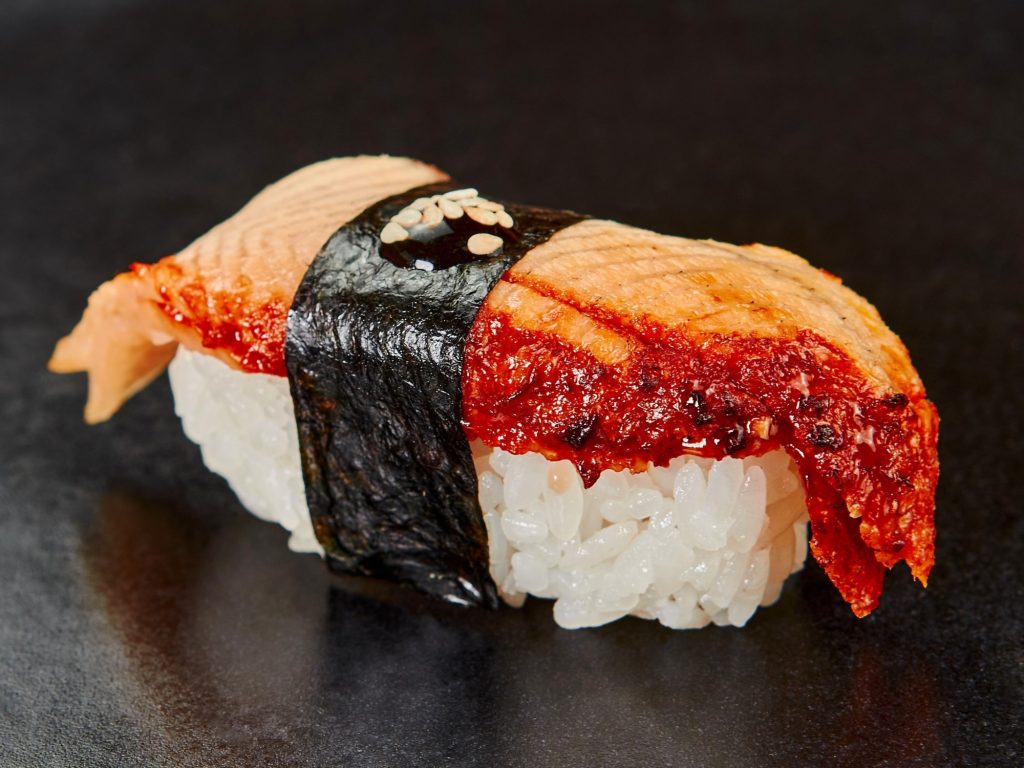Exploring Iconic Asian Dishes: Sushi & Bao
Asian cuisine is rich in flavors, techniques, and traditions. Sushi from Japan and Bao from China have captured global attention for their taste and cultural significance.
1. Sushi: Art in Every Bite
Sushi is an art form emphasizing balance, freshness, and presentation. Vinegared rice paired with fresh seafood, vegetables, and sometimes tropical fruits creates delicate flavors. Nigiri, sashimi, and maki rolls each showcase unique techniques and textures, enhanced with soy sauce, wasabi, and pickled ginger.
2. Bao: Soft, Fluffy, and Flavorful
Bao (baozi) are Chinese steamed buns filled with savory or sweet fillings, such as pork, chicken, vegetables, or red bean paste. Soft, fluffy dough contrasts with rich fillings, making bao comforting and versatile. Enjoy them as street food, dim sum, or quick snacks.
3. Global Appeal
Sushi and bao have become international favorites. Sushi restaurants are widespread, often adapted to local tastes, while bao inspires gourmet variations, fusion flavors, and dessert versions. Their popularity highlights the universal appeal of Asian culinary traditions.
4. Cultural Significance
Sushi and bao carry cultural meaning. Sushi reflects Japanese precision, simplicity, and respect for ingredients. Bao embodies Chinese comfort, sharing, and family traditions. Enjoying these dishes offers a delicious glimpse into their rich cultural backgrounds.
Conclusion
From sushi to bao, Asian cuisine offers diverse flavors, textures, and artistry. These iconic dishes showcase creativity and cultural richness. Whether at home or in restaurants, sushi and bao continue to inspire food lovers worldwide.


